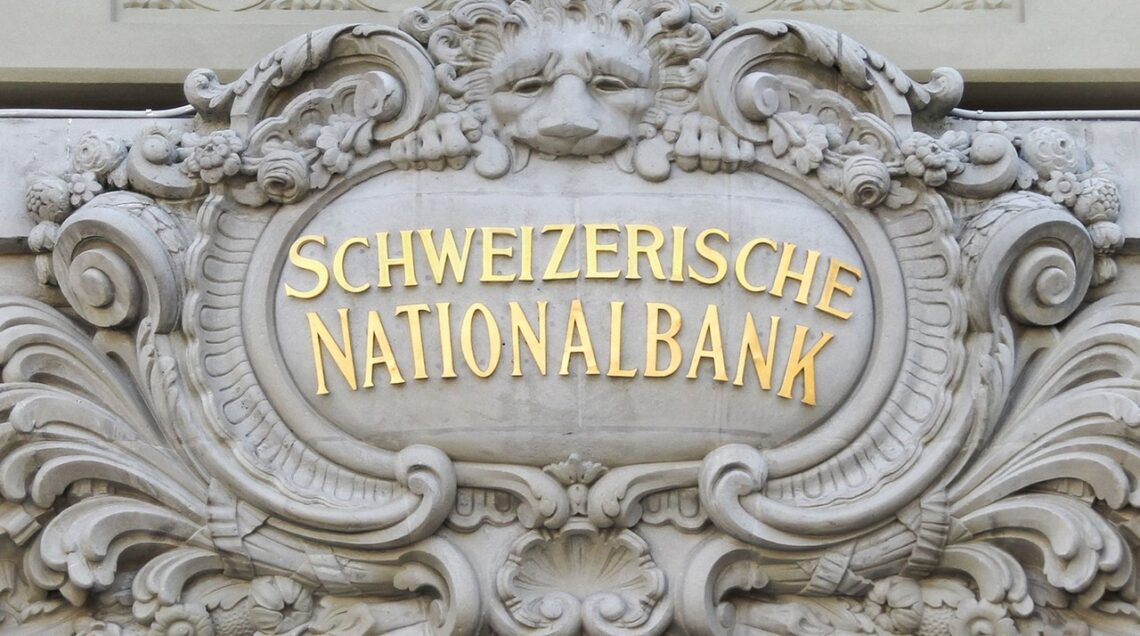Swiss financial regulator improves laws for cryptocurrency market
The Swiss financial regulator has given the go-ahead for a cryptocurrency fund, which happened for the first time in the country’s history. The latter will have a Crypto Market Index 10, and the composition will include 10 digital assets. All work of the fund will be subject to the laws of Switzerland and completely legal.
It is organized by PvB Pernet von Ballmoos AG, which is engaged in investment management, as well as the Swiss Crypto Finance. The function of digital asset custody is assumed by the SEBA bank, which has a special license for this activity.
The purpose of the organization of such a fund is to track and analyze the dynamics of the most popular cryptocurrencies and tokens. The Crypto Market Index 10 information will allow forecasting the path of development for these assets, and will also provide market participants with reliable information about the processes on the crypto market. The Swiss regulator requires institutional investors to invest only through counterparties that are located in countries that are members of the FATF organization. FATF is a group that develops financial measures to combat money laundering. Counterparties are thus subject to the mechanisms and requirements for the prevention of money laundering. Not so long ago, the Swiss agency that supervises the financial markets has obliged participants to undergo KYC checks in case of transactions with cryptocurrency in the amount of more than thousands of dollars. The regulator took such a step in order to expand opportunities for working with digital assets and at the same time to ensure the transparency and safety of such activities. It should be noted that Switzerland belongs to the states, which are friendly to new technologies. Due to this, a large number of cryptocurrency companies operate on the territory of the country. In addition, the regulator is expanding the regulatory framework in order to improve the business environment. The new rules concern tightening control over companies that deal with crypto-assets and blockchain. All their actions must comply with international standards. The need for user identification, according to the government, is due to high risks and an increase in cases of money laundering. The regulator understands that many companies may not like such rules, and they will leave the country’s market. However, security and transparency of transactions is an important part of a modern financial system.
Not so long ago, the Swiss agency that supervises the financial markets has obliged participants to undergo KYC checks in case of transactions with cryptocurrency in the amount of more than thousands of dollars. The regulator took such a step in order to expand opportunities for working with digital assets and at the same time to ensure the transparency and safety of such activities. It should be noted that Switzerland belongs to the states, which are friendly to new technologies. Due to this, a large number of cryptocurrency companies operate on the territory of the country. In addition, the regulator is expanding the regulatory framework in order to improve the business environment. The new rules concern tightening control over companies that deal with crypto-assets and blockchain. All their actions must comply with international standards. The need for user identification, according to the government, is due to high risks and an increase in cases of money laundering. The regulator understands that many companies may not like such rules, and they will leave the country’s market. However, security and transparency of transactions is an important part of a modern financial system.
Switzerland passed a law on the legal status of blockchain technology back in 2019, which made it possible to create clear standards for this segment and the cryptocurrency market. Now the legal system for this type of asset is considered one of the most versatile and thoughtful. This attracts businesses that work with digital money to the country.










